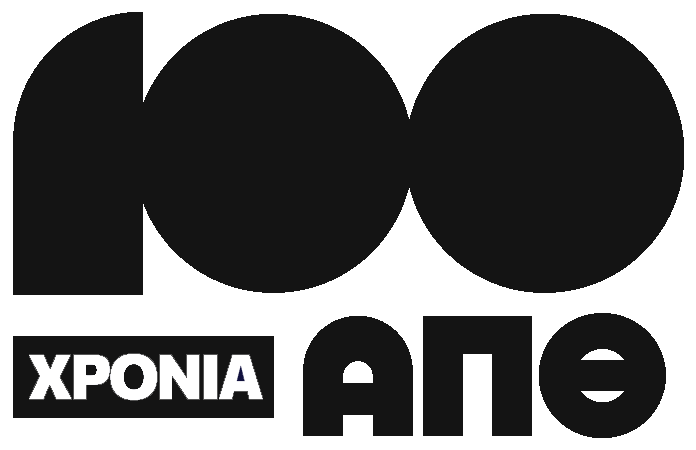Information
*For the New Course Programme (students enrolled from the academic year 2022-2023): Students have to succeed in examinations in all Compulsory and a total of 12 Elective courses.
*For the Old Course Programme (students enrolled from the academic year 2012-2013 until 2022-2023): Students have to succeed in examinations in all Compulsory and a total of 12 Elective courses, which should be distributed as follows:
- 4 Basic Elective courses
- 3 Generic Elective courses
- 3 Specialized Elective courses
- 2 courses from Specialized and/or Generic groups
Courses
1st Semester Courses
Compulsory
2nd Semester Courses
Compulsory
No posts found
3rd Semester Courses
Compulsory
No posts found
4th Semester Courses
Compulsory
No posts found
5th Semester Courses
Compulsory
6th Semester Courses
Compulsory
No posts found
7th Semester Courses
Compulsory
Basic Elective
7th Semester
No posts found
8th Semester
No posts found
Generic Elective
7th Semester
No posts found
8th Semester
No posts found

